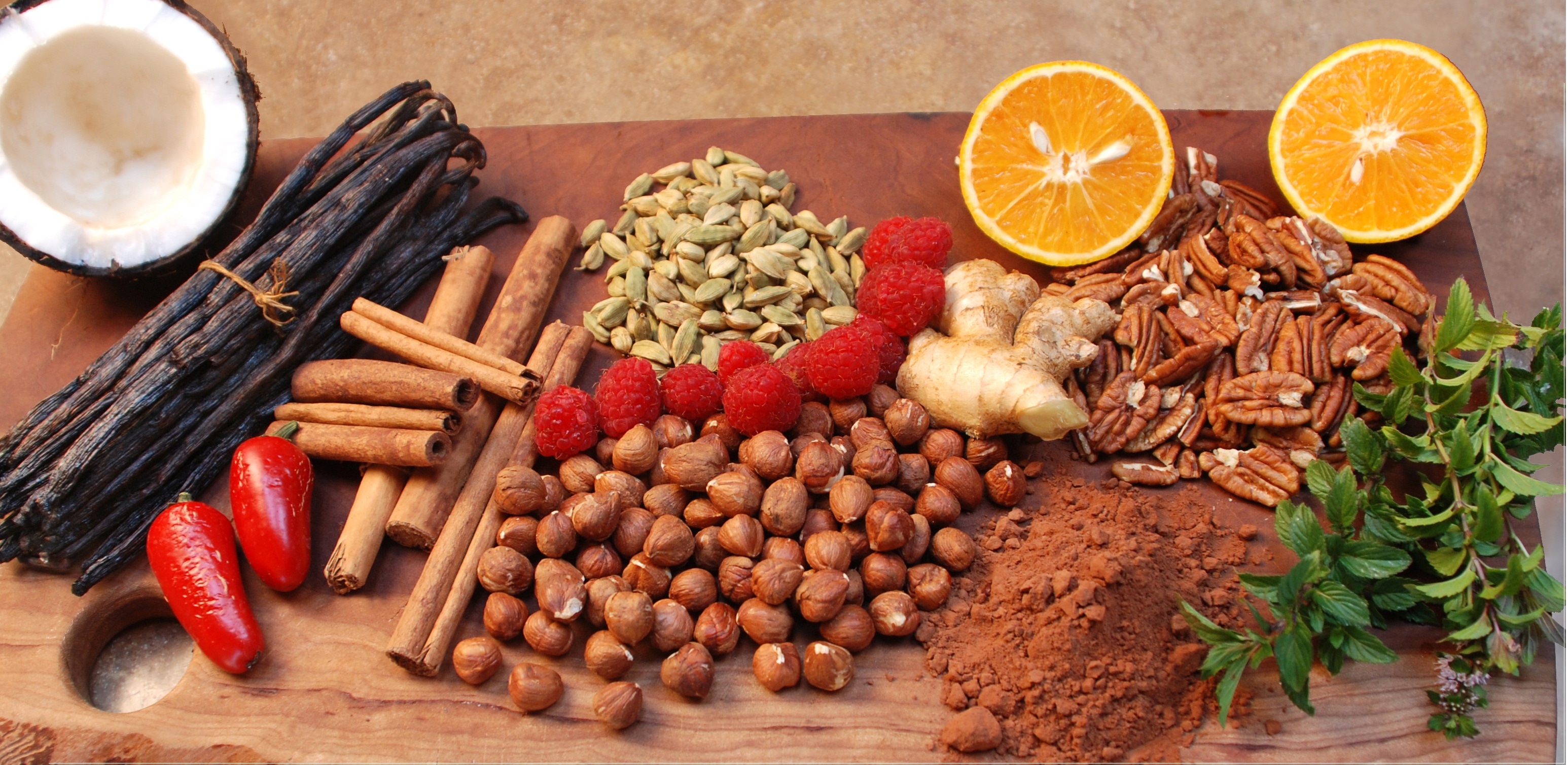
Flavor is the sensory impression of food or other substance, which is often added to alter or create flavor for food products, such as candies, soft drinks, cakes, biscuits and other snacks. Another class of food additives, fragrances (usually in the form of fragrance oil), are blended natural or synthetic aroma compounds or natural essential oils that are diluted with a carrier like propylene glycol, vegetable oil, or mineral oil, used in perfumery, cosmetics, flavoring of food. Due to the high cost and unavailability of natural flavor extracts, currently most commercial flavorants are nature-identical, which means that they are the chemical equivalent of natural flavors but chemically synthesized rather than being extracted from source materials.
As a CRO focusing on reliable analytical services, Creative Proteomics' analytical scientists are highly experienced and knowledgeable in the application of analytic techniques and analyses to a wide variety of flavor and fragrance products. Experience, fast turnaround, clear concise written reports, and customized service are provided to help our clients to resolve your problems and challenges. Creative Proteomics can help you to identify the composition of flavors and fragrances, for quality control and deformulation, utilizing the analytical techniques as below:
Atomic Absorption Spectroscopy
Headspace GC,/HPLC systems, coupled to different detectors such as UV/ VIS, DAD, Fluorescence, Electrochemical, Amperometric, mass spectrometry and more
Fourier transform infrared spectroscopy
Nuclear Magnetic Resonance (NMR)
Creative Proteomics can help you to analyze the flavors and fragrance samples, to determine the composition and deformulation service for the following:
Edible flavoring/flavoring essence
Emulsion flavoring
Savory flavoring
Essential oil
Daily Use Chemical Essence



